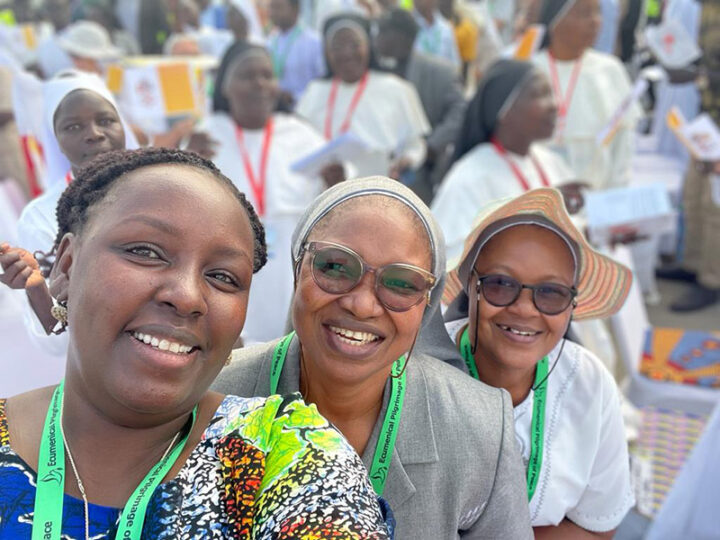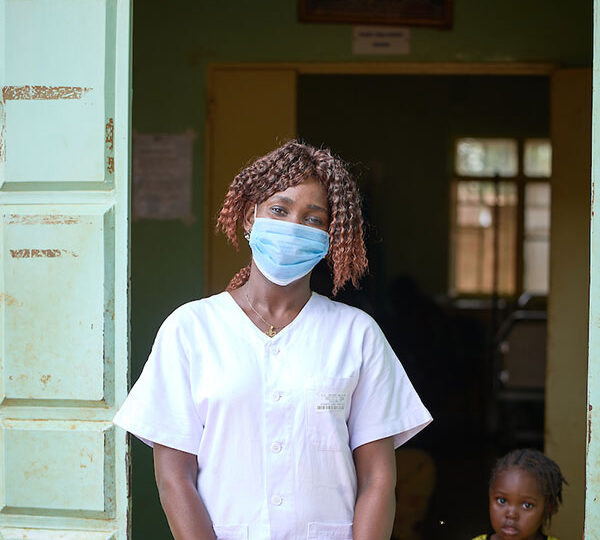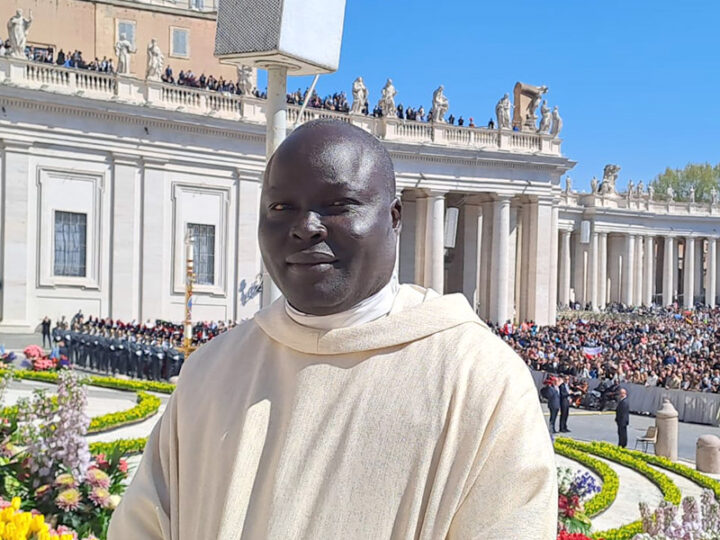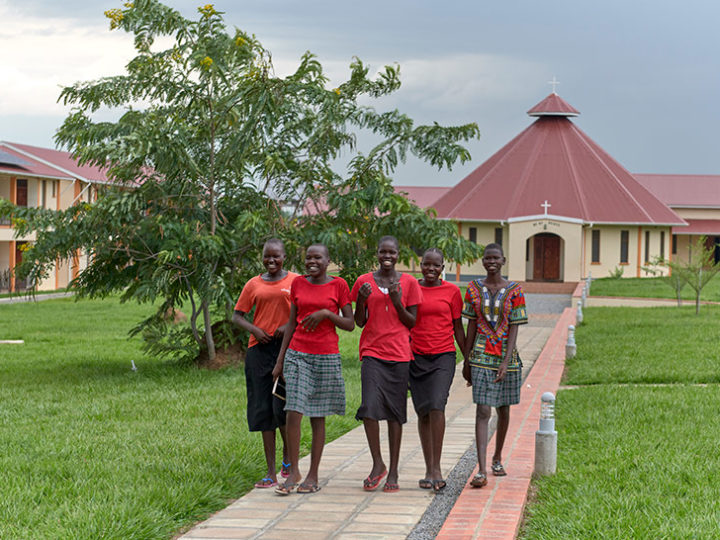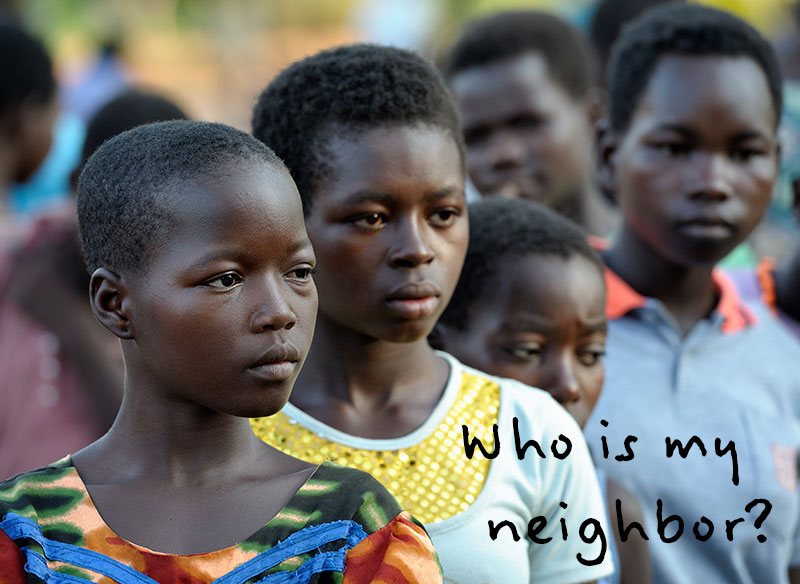
What if the Bari Sacred Holy Week mirrored the Christian Holy Week Celebrations?
The Bari is one of the 64 indigenous tribes of South Sudan. They occupy the center of the Central Equatorial State. Precisely, the defunct Jubek State with its capital Juba, the current Juba County.
Bari people have traditional ways of preparing for important events such as planting, harvesting, marriage, hunting and fishing. These people believe in god and their ancestral spirits.
In preparation for the planting season, the land clearance begins in the dry months, January to March. And during this time, prayers for the expected rains are said through the ancestors to the god of the Bari. The Head Chief (Matat) summons the entire village for these prayers and invocations. The entire village prays for the healthy germination of the seeds, and eventual good harvest. This indeed is a Sacred time during which people are expected to live in peace with one another. This isn’t the time for quarrelsome husbands to square scores with their ‘stubborn’ wives!
But as if bad omen had visited Loro Lado’s compound, he walked back to his grass-thatched hut to await Kenyi’s return. Kenyi was Loro Lado’s third wife. And when she returned from wherever ‘God-knows,’ he beat her heavily. In his anger, Loro Lado had forgotten that it was the second day of the Sacred Holy Week for the Bari people of South Sudan. His first two wives ran out in great alarm pleading with him that it was the Sacred Holy Week! ‘Please stop,’ they yelled in unison! But Loro Lado was not the man to stop beating somebody half-way through even for fear of the gods of the land of the Bari.
Neighbors heard Kenyi crying and sent their voices over the compound fence to ask what was the matter. Those courageous among them came over to see for themselves. It was unheard of to beat somebody during the Sacred Holy Week, for fear that the ancestors and the gods of Bari land would withhold their blessings on the crops yet to be planted. This would then result in famine and death, for both people and their livestock.
Maybe out of self-interest or because of the screams of Kenyi, the neighbors responded.
Let us pray during this Sacred Season, that we may bury every bad habit that mitigates against the love of God and our fellow humans, so that we might joyfully partake in the resurrection of Christ. Just as the harvest season is characterized by merriment, celebrations and alms giving among the Bari people of South Sudan, so may our Easter celebrations be filled with joyful thanksgiving and sharing among us in community and with our neighborhoods.
Imagine how beautiful it would be if this meaningful Bari Sacred Holy Season tradition was used world-over as a stepping-stone for the Holy Week celebrations that started on Palm Sunday and continues with Easter Sunday and beyond!
Keep safe!
Sister Scholasticah Nganda, RSM
Sister Scholasticah, a Kenyan Mercy Sister, is the director of the Good Shepherd Peace Center in Kit, South Sudan. Support this ministry
Photo by Paul Jeffrey


